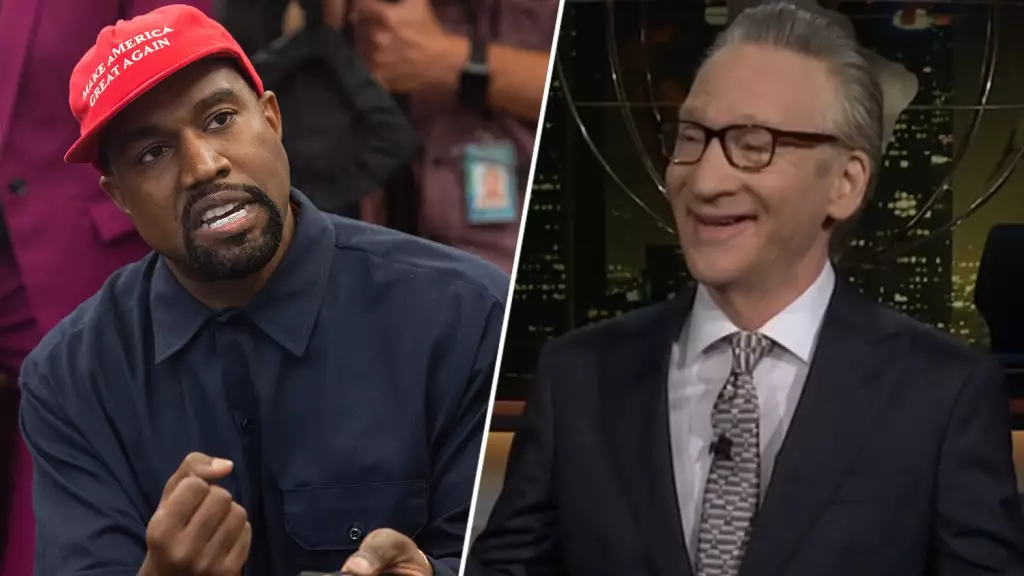Kanye West, a polarizing figure in the music and entertainment industry, has once again captured headlines due to his recent inflammatory comments, particularly regarding antisemitism. This incident serves as a stark reminder of the immense responsibilities that come with celebrity status and the potential ramifications of their words. West’s history of controversial statements, particularly when entwined with political figures, raises important questions about accountability and the societal impact celebrity opinions can wield.
His recent remarks, wherein he shockingly professed admiration for Adolf Hitler and identified as a Nazi, have sparked outrage across various communities. While some might dismiss these statements as mere trolling or a bid for attention, the serious undertones cannot be ignored. As the American Jewish Committee pointedly remarked, such rhetoric is not merely harmful but poses a genuine threat to Jewish communities, especially given the current rise in antisemitic sentiments globally. The amplification of hate speech—which can be dangerously contagious in the social media age—presents a legitimate concern for followers and society at large.
In a world where social media provides instantaneous access to millions, the words of public figures like Kanye West can exert extensive influence. Celebrities often serve as influential role models for young people, making it imperative for them to recognize the weight of their statements. West’s unapologetic stance and previous interactions with controversial political figures, particularly Donald Trump, form a broader narrative about the alignment of celebrity culture and divisive ideologies.
When figures like West weave contentious political views into their public personas, it creates a challenging landscape for cultural dialogue. Individuals may feel validated in their own prejudices, fostering environments where rhetoric can rapidly escalate into action. As recently evidenced, the entertainment industry is not insulated from these consequences, prompting calls for more robust conversations about responsibility among those with powerful platforms.
The need for accountability among public figures is urgent; dismissing hate speech as mere performance art trivializes the genuine dangers it poses. In light of West’s troubling pattern of behavior, the onus falls on both societal leaders and fellow artists to challenge harmful rhetoric. Silence in the face of such comments not only allows for the perpetuation of bigotry but also normalizes the culture of hate that many communities are desperately trying to dismantle.
Given West’s previous attempt at an apology in Hebrew, one must question the sincerity of his commitment to understanding and rectifying the impacts of his words. This ongoing pattern indicates a need for more than just fleeting apologies; it necessitates consistent, sustained action to educate and promote tolerance. The imperative lies not just in condemnation but in fostering an environment where understanding prevails over hatred.
Kanye West’s latest scandal serves as a critical lens through which we can assess the intersection of celebrity, influence, and social responsibility. The fallout from his comments is more than a reflection of one individual’s bravado; it underscores a collective urgency to confront and combat antisemitism and all forms of hate. As conversations around accountability and the role of influential figures continue, it becomes increasingly important for those in the spotlight to wield their influence with caution and compassion, continually striving for understanding and unity rather than division.

